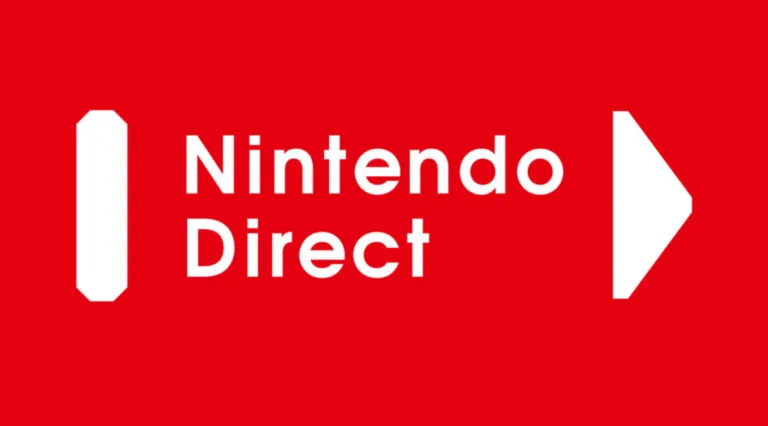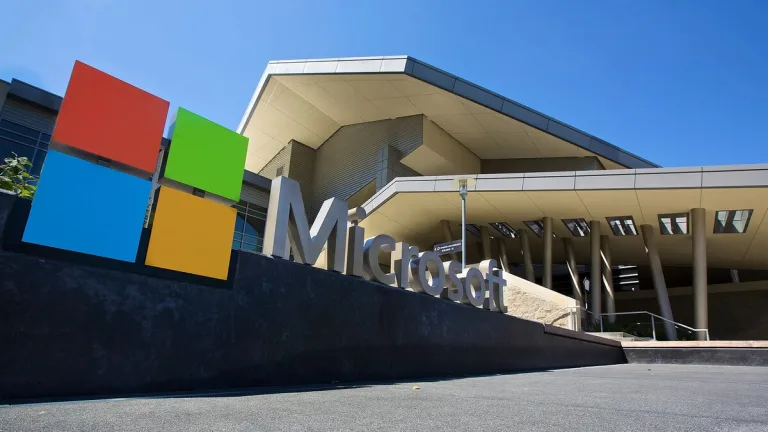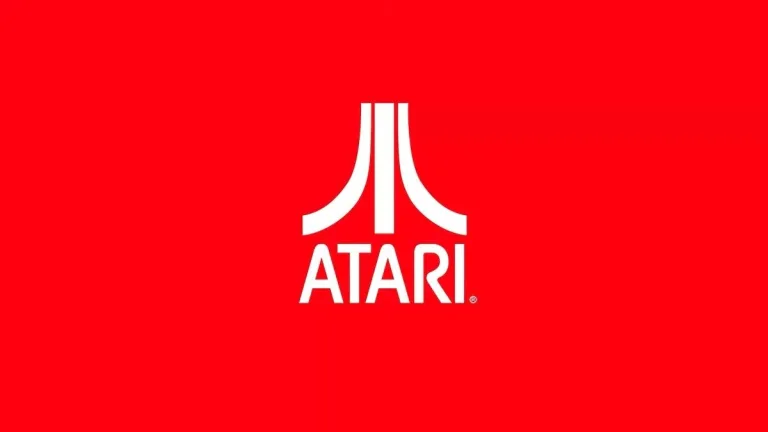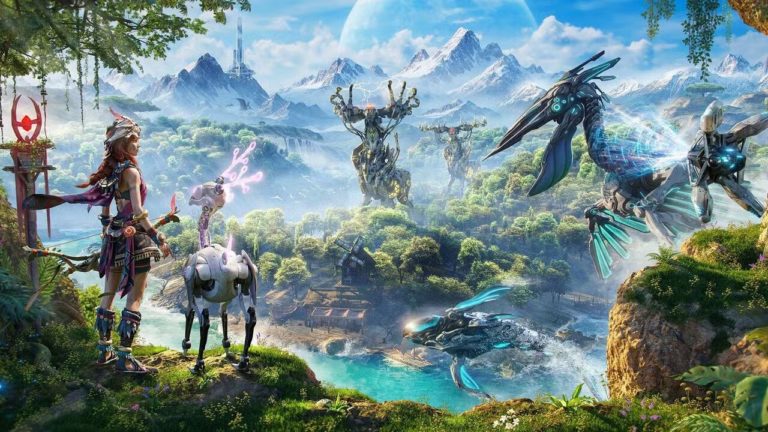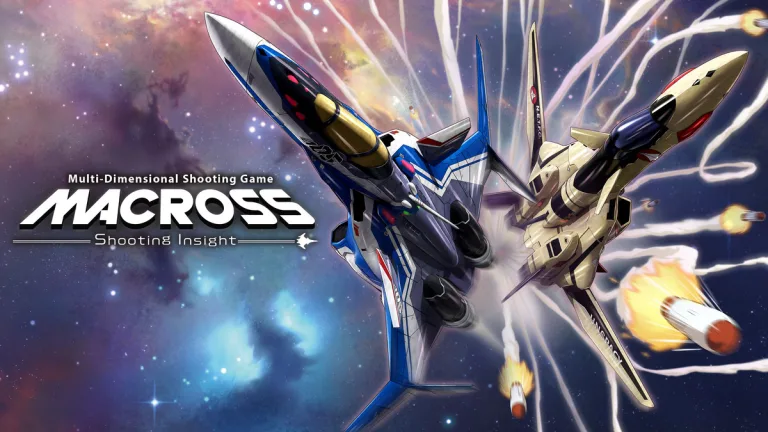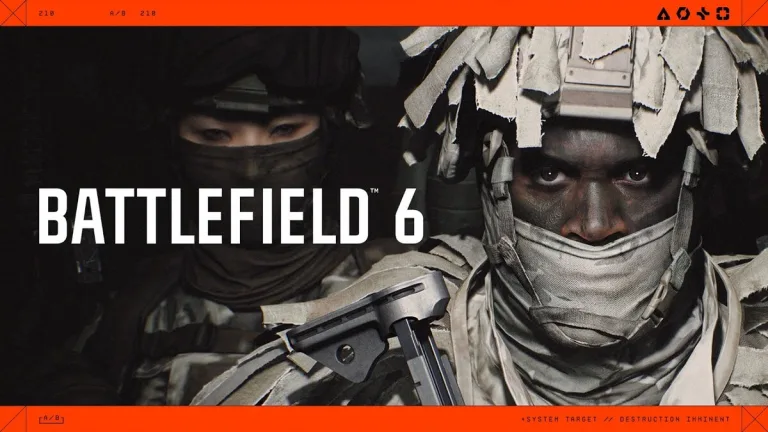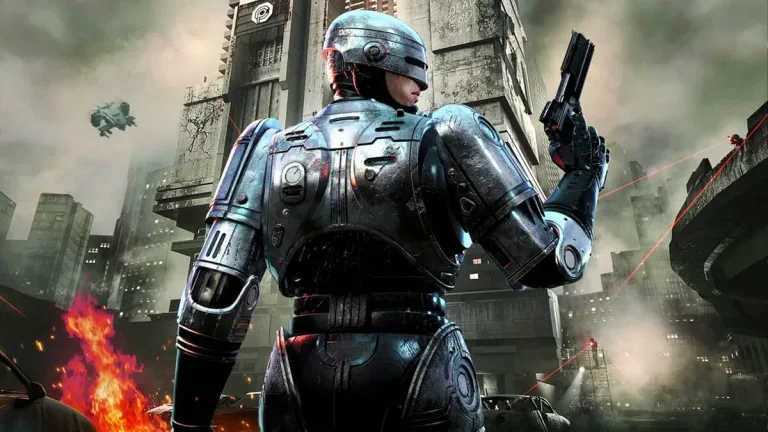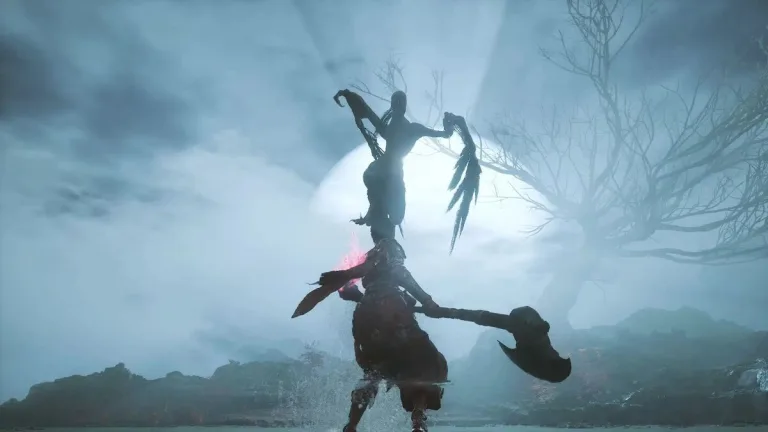The Battlefield franchise has always been synonymous with large-scale warfare, immersive destruction, and squad-based tactics. With the...
Month: July 2025
Definitely, Nintendo already had its major announcements by the launch of the Nintendo Switch 2 a couple...
Microsoft just dropped its latest quarterly earnings report, and the message is resounding: the tech giant is...
In a move that’s both surprising and oddly poetic, Atari has acquired an 82% stake in Thunderful...
In a move that’s shaking up the gaming industry, Sony Interactive Entertainment has filed a federal lawsuit...
Sony’s unveiling of the FlexStrike Wireless Fight Stick marks a pivotal moment in PlayStation’s hardware history. For...
For many long-time fans of the Macross franchise in the West, the journey to get new official...
After months of speculation and cryptic teases, EA and Battlefield Studios have finally lifted the curtain on...
RoboCop: Rogue City – Unfinished Business is an expansion of the original game that, while presented as...
Wuchang: Fallen Feathers begins as a traditional Souls-like, but after a few hours, it unveils a deeper...



